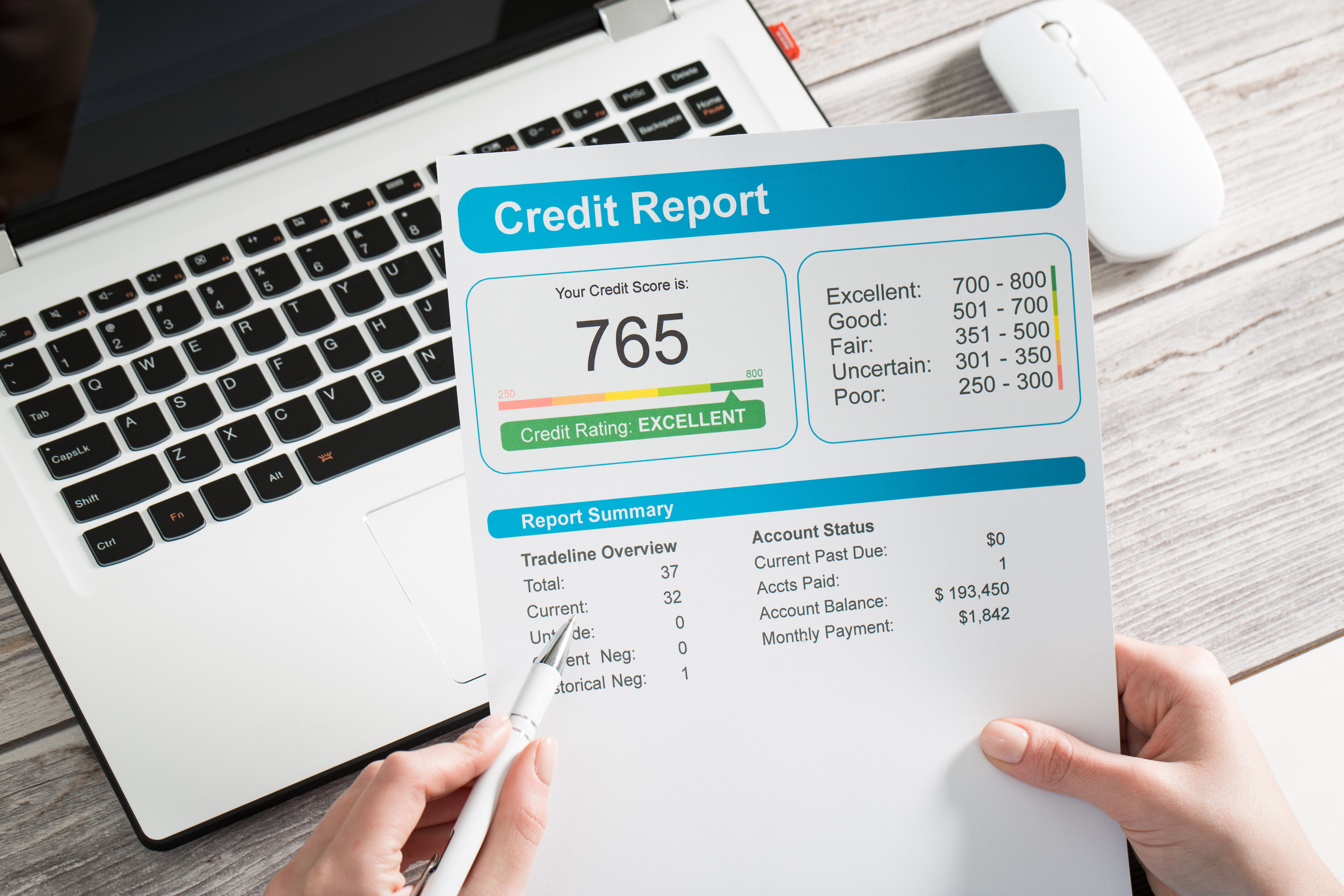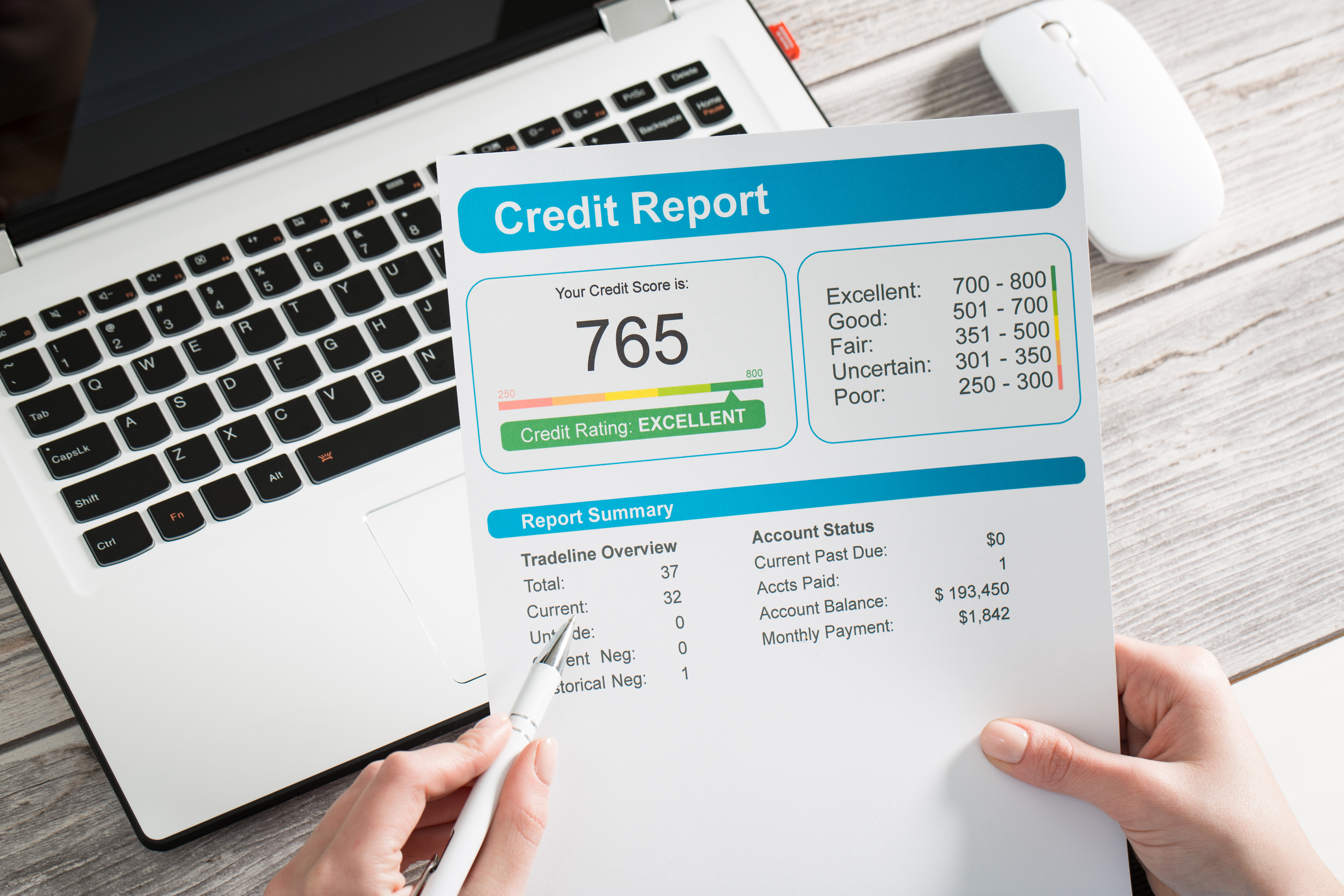According to the Fair Credit Reporting Act, in order to access consumer data, a company or individual must demonstrate a “permissible purpose” for doing so. This privacy measure is mandated, obviously, to restrict who can access credit reports in order to protect consumers from identity theft, discrimination, and fraud.
Section 604 of the Fair Credit Reporting Act outlines the various permissible purposes, stating consumer reporting agencies “may furnish a consumer report under the following circumstances and no other.”
But for as simple and complete as that sounds, there is actually a lot of confusion around the specific qualifications for permissible purpose.
TrendSource has been a premier provider of OnSite Inspections for Consumer Reporting, and while that doesn’t make us experts on all things FCRA, we are always here to help. So below, we will go through five quick questions regarding permissible purpose. And in a few weeks, we will do five more!

Does the consumer’s consent count as permissible purpose?
Yes! One-hundred percent of the time, yes! If a consumer is not under duress and grants an institution written authorization to pull their credit report, this immediately establishes permissible purpose.
Does a borrower have to give written consent for a lender to have permissible purpose to pull their credit?
The short answer is, no. When a borrower applies for credit with a lending institution, this is considered a permissible purpose (“in connection with a business transaction that is initiated by the consumer”), and the lending institution can access that consumer’s data.
But as any compliance management officer would tell you, it’s always best to have everything in writing, just in case. So, while a lending institution does not need written authorization to establish permissible purpose, it can’t hurt.
Are tenant screenings and employee screenings considered permissible purpose?
Yes, tenant screenings and employment screenings both qualify as permissible purpose, so long as the information pulled is used for the specific reasons outlined in Section 604. Also, fair employment and housing laws prohibit the use of information like martial status in making determinations.

Does debt collection qualify as a permissible purpose?
Yes...and no. It depends on how the debt was incurred. If the consumer willingly sought credit and is now in default, then the answer is yes. But if the debt was incurred in any other way, then no, debt collection does not qualify as a permissible purpose.
Apart from lending institutions, what other entities can establish permissible purpose without consumer consent?
The courts mostly. Any court can order a credit report as part of a judicial proceeding over which the court has jurisdiction. They do not need to ask anybody’s permission; they are the law. Also, after meeting certain qualifications, a state or local child support enforcement agency can establish permissible purpose.
That’s all for now! We’ll be back with more permissible purpose Q&A in a couple of weeks. Until then, just remember that TrendSource offers OnSite Inspections for Consumer Reporting that are accepted by all three major credit bureaus, and can be ordered online!


